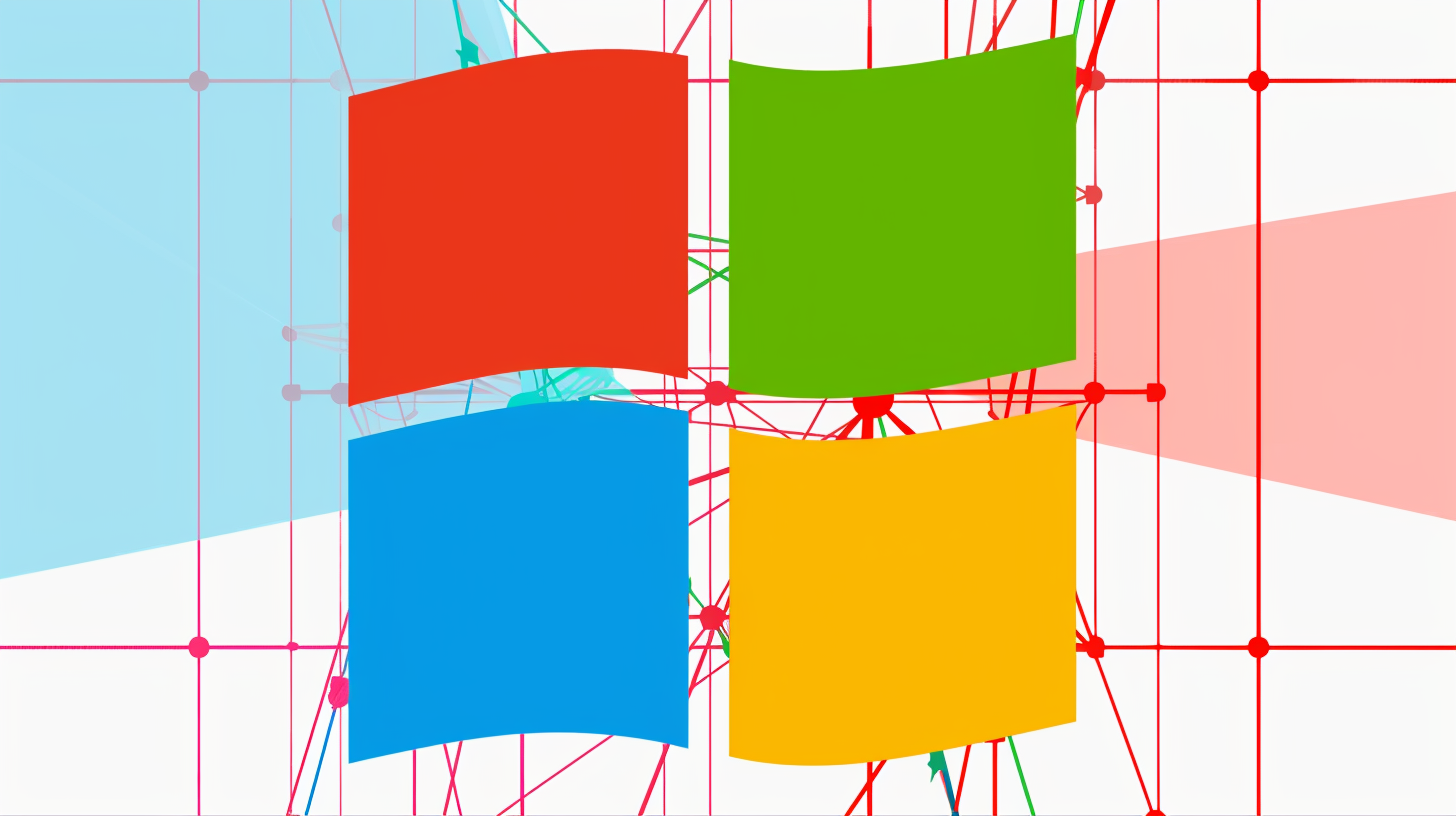Microsoft pulls the plug on custom AI chatbots for consumers as strategy shifts

Microsoft is shutting down its GPT Builder service for consumers. Starting July 10, 2024, all custom chatbots made by private users will be deleted. This change does not impact companies.
Microsoft announced that it will discontinue GPT Builder, which allows Copilot Pro users to create their own Copilots, starting July 10, 2024. All CustomGPTs created by Microsoft and users, along with their associated data, will be deleted by July 14, 2024.
Users who made a CustomGPT and want to keep their custom instructions can open their GPT in edit mode, go to "Configure," copy the instructions, and save them elsewhere before the July 2024 cutoff.
Microsoft guarantees that data gathered from Copilot Pro subscribers through GPT Builder will be permanently erased.
Microsoft's AI struggles with consumers
Microsoft says the change is due to a shift in strategy: it wants to focus on the product's main features while "staying committed to developer opportunities."
As a result, Microsoft is shifting the focus for CustomGPTs to business and enterprise scenarios and ending GPT efforts for private users.
It is unclear from the wording if this is a general change in Microsoft's strategy for generative AI, or if the company is just referring to CustomGPTs. The former seems more likely.
So far, Microsoft has mostly gained from the AI hype through faster cloud growth and its AI additions to current software like Teams and Office for businesses.
Microsoft's consumer offerings have been overshadowed by ChatGPT, which itself has shown little web growth for months. In addition, OpenAI's CustomGPTs have not been a success story either - they have not spurred new growth, and the promised monetization of successful GPTs has yet to materialize.
Microsoft's attempts to take market share from Google search with the Bing chatbot have failed miserably so far - despite a ton of hype, spurred on by Microsoft CEO Satya Nadella. Consumers seem to have little interest in using a chatbot instead of a search engine, or Microsoft's product is simply not good enough to change their usual behavior.
One possible way to read Microsoft's GPT withdrawal is that the company wants to limit its consumer AI services to set functions for now. While it is nice for users to create their own GPTs, moderating and ensuring the quality of that content seems like too much work for Microsoft, especially since a lot of sensitive data is likely to be uploaded. Besides, OpenAI offers the same service for free in ChatGPT. Those interested in custom solutions from Microsoft will now have to go through Microsoft's commercial offerings.
Yesterday, Apple also made it clear that deep integration into the whole operating system, also supported by OpenAI, might be the way to go instead of separate solutions like custom copilots.
AI News Without the Hype – Curated by Humans
As a THE DECODER subscriber, you get ad-free reading, our weekly AI newsletter, the exclusive "AI Radar" Frontier Report 6× per year, access to comments, and our complete archive.
Subscribe nowAI news without the hype
Curated by humans.
- Over 20 percent launch discount.
- Read without distractions – no Google ads.
- Access to comments and community discussions.
- Weekly AI newsletter.
- 6 times a year: “AI Radar” – deep dives on key AI topics.
- Up to 25 % off on KI Pro online events.
- Access to our full ten-year archive.
- Get the latest AI news from The Decoder.